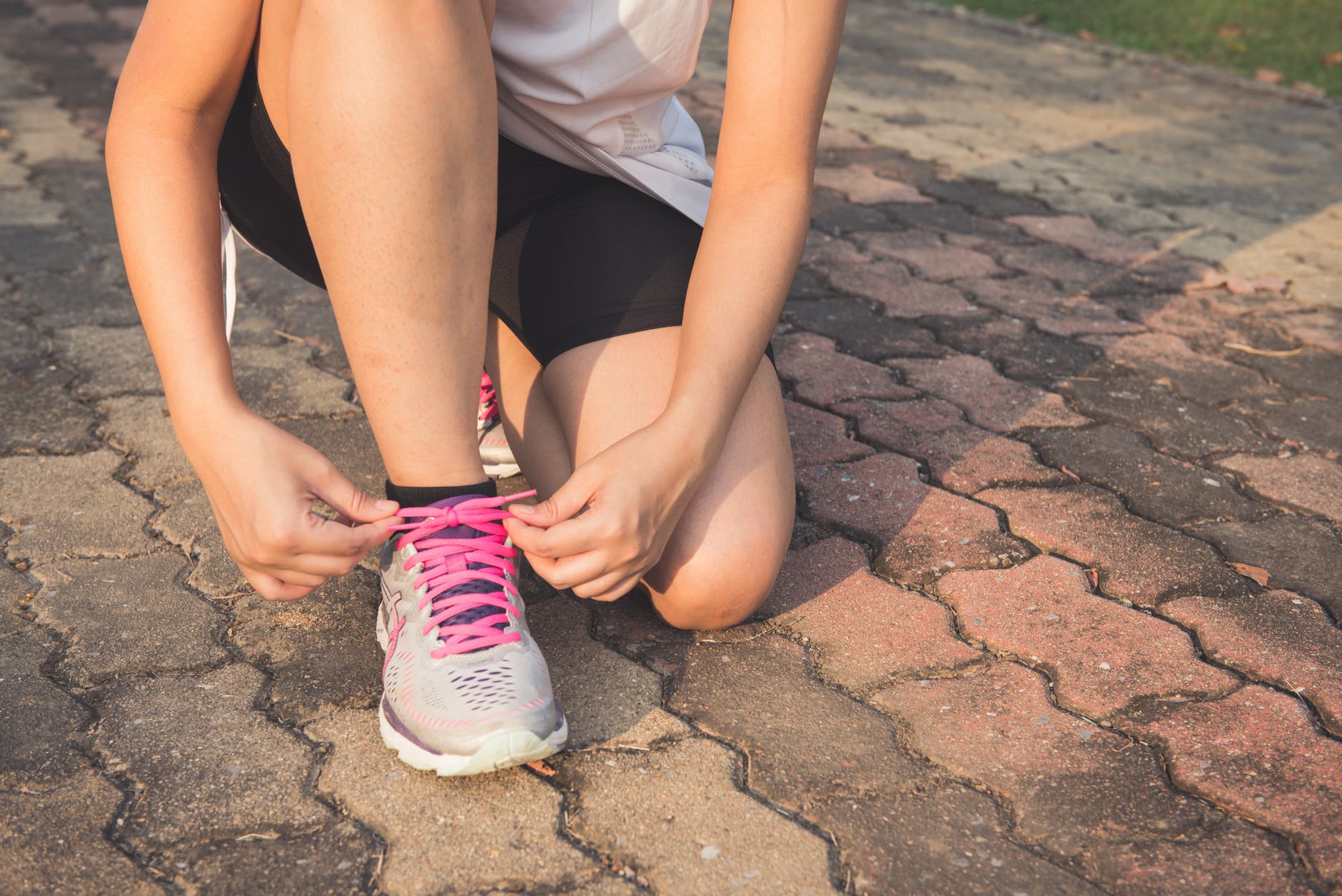
|
(519) 742-7774 Free initial Consultation Home and Hospital Visits Available |
|||
Can Moderate Physical Activity Help Protect Against Getting Severe COVID-19? |
|
March 17, 2022, Kitchener, Ontario Posted by: Robert Deutschmann, Personal Injury Lawyer
CBC News has reported on a study that examined the outcome of 65,000 patients spanning March 2020 to June 2021. The study concluded that individuals who regularly undertook moderate physical activity were less likely to develop serious cases of COVID-19. They were less likely to end up in the hospital, ICU or to die than those who contracted COVID-19 but weren’t regularly physically active. In the case of this study, moderate activity was defined as people who were active 1-2.5 hours each week
Isha Bhargava · CBC News
|
|
| Posted under COVID, Disability Insurance
View All Posts |
|
About Deutschmann Law Deutschmann Law serves South-Western Ontario with offices in Kitchener-Waterloo, Cambridge, Woodstock, Brantford, Stratford and Ayr. The law practice of Robert Deutschmann focuses almost exclusively in personal injury and disability insurance matters. For more information, please visit www.deutschmannlaw.com or call us at 1-519-742-7774.
|
|
Contact us for a
free initial consultation |
Personal Injury Blog
Connect with us
Deutschmann Law concentrates its practice in matters concerning car accidents, motorcycle accidents, pedestrian accidents,bicycle accidents, catastrophic injury, serious injury, brain injury, spinal cord injury and disability insurance claims. Serving Kitchener, Waterloo, Cambridge, Brantford, Ayr, Woodstock, Guelph, Milton, Elmira, Tavistock, Tillsonburg, Ingersoll, Norwich, Elora, Fergus, New Hamburg, Ontario and surrounding areas. “Deutschmann Law Professional Corporation” is practicing under the name Deutschmann Law. © 1998 - 2025 Deutschmann Law Accident, Injury Lawyers and Disability Lawyer Site Map Disclaimer Website by We Think Solutions Full Site | Mobile Site |

